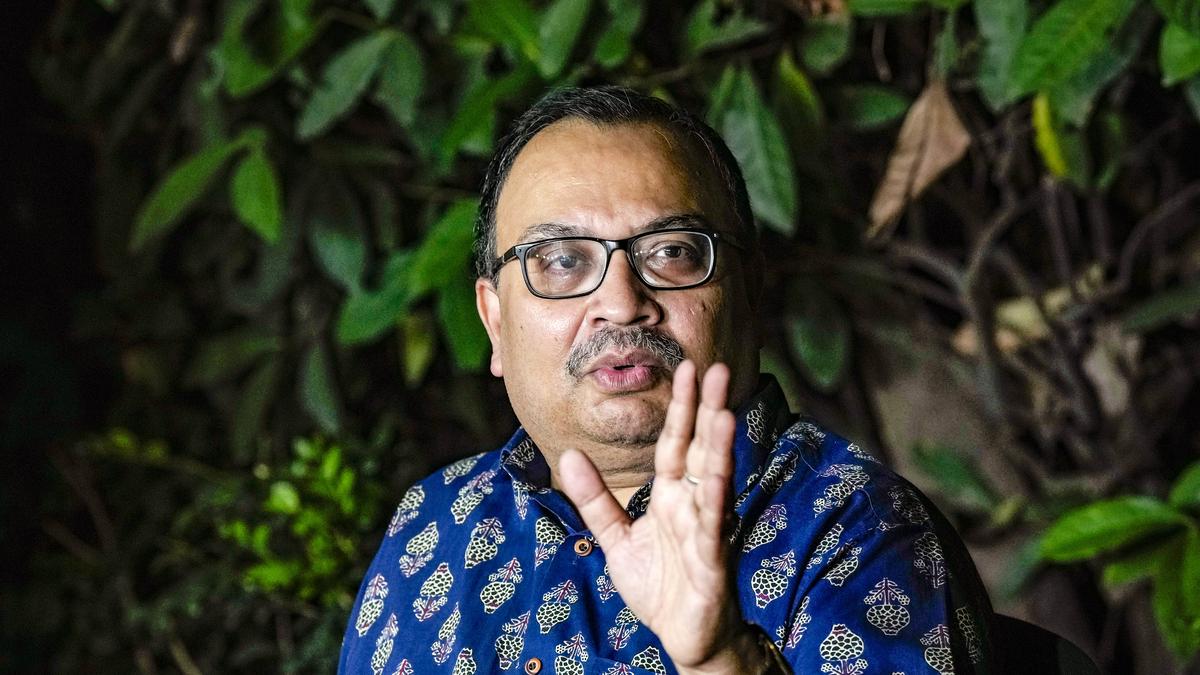The manifesto says it will give “paramount” importance to the interests of farmers. Can that happen?
Published: 15 Apr 2024, 11:24 AM IST

i
The Congress party’s promise to farmers in its manifesto to give a “legal guarantee of minimum support prices (MSP) announced by the government every year, as recommended by the Swaminathan Commission”, will be a financial wrecking ball like the traditional pension scheme for government employees which the party reverted to in Rajasthan in 2018 after winning the state elections (before losing the state in 2023).
The National Commission on Farmers, headed by the architect of India’s green revolution MS Swaminathan, had recommended in its revised national draft policy in October 2006 that the MSP should be “at least 50 percent more than the weighted average cost of production.”
The commission was set up by the Congress-led government in 2004. It did not define the weighted average cost of production.
But the farmers who ended their year-long agitation in Delhi in 2021, and protested again earlier this year, want the MSP to be based on comprehensive (or C2) cost, which they assume is what the Swaminathan Commission meant.
This C2 cost includes depreciation on farm equipment, the rental value of cultivated land, and interest on one's own fixed capital.
The Swaminathan Commission did not seek a legal guarantee for MSP either. But in its second report, it took note of the Long-Term Grain Policy suggested in 2002 by the High-Level Committee headed by the agricultural economist and member of the erstwhile Planning Commission Abhijit Sen.
That committee had said that “in recommending MSPs,” the CACP should go “strictly on the basis of C2 cost of production.” It also recommended that “all agencies, central, state, cooperative or private, which are a part of public grain management, should be legally bound by MSP policy.” Once the government announces the MSP, it should buy the produce that the farmers offer for sale, the Sen committee had said.
MSP Based on C2 Cost
Legally guaranteed MSP based on C2 cost cannot have a margin of 50 percent, C Rangarajan and S Mahendra Dev have argued in a newspaper article. Traders will not buy at that price and the government will be the only buyer.
However, this will not be possible because it will be very difficult to replicate the marketing structure and storage facilities that the government will need in order to procure the 21 crops for which MSP is declared in addition to wheat and rice, which it currently procures.
They suggest a margin of 10 percent instead.
An MSP based on weighted average cost will compensate farmers differently because of regional variations in yield.
While the MSP of paddy is Rs 2,183 per quintal (100 kg), the paid-out cost per quintal is the lowest in Punjab at Rs 864, because it has the highest paddy productivity. West Bengal has the highest paid-out cost of production for paddy at Rs 1,766.
But if the use of irrigated water was factored in (for environmental sustainability), Punjab’s advantage against the eastern states, which gets more rainfall, would get eroded.
Higher MSP Hikes
Agriculture economists Ashok Gulati and Manish Kumar Prasad have calculated that an MSP based on comprehensive cost will lift the prices of 23 commodities for which it is declared by an average of 25 percent over their current levels. (Gulati was chairman, of CACP during Prime Minister Manmohan Singh’s second term).
The MSP of paddy, for instance, will go up by 31 percent or Rs 677, that of wheat by 9 percent or Rs 191, and of mustard by 8 percent or Rs 436.
These changes in relative prices will trigger shifts in cropping patterns, leading to significant paddy surpluses, while wheat and sugarcane will lose area, necessitating higher MSP hikes than indicated by the comprehensive cost plus 50 percent formula.
A legally guaranteed higher MSP will not drive diversification to other crops, especially in Punjab, where a shift from water-intensive paddy is most needed. As former Agriculture Secretary T Nanda Kumar and agriculture economist Shweta Saini have shown, only a crop combination in Punjab that includes paddy is the most profitable.
For instance, based on the current MSP and yields, a combination of paddy in the rainy season, wheat in winter, and spring maize yields Punjab farmers an average of Rs 3,34,000 per hectare.
If maize were to replace paddy, which is desirable, the earnings (with wheat in winter) would decline to Rs 1,87,000.
(Vivian Fernandes is a senior journalist and runs a website called Smart Indian Agriculture. He tweets @VVNFernandes. This is an opinion piece and the views expressed above are the author’s own. The Quint neither endorses nor is responsible for the same.)
(At The Quint, we are answerable only to our audience. Play an active role in shaping our journalism by becoming a member. Because the truth is worth it.)

 2 weeks ago
108
2 weeks ago
108


